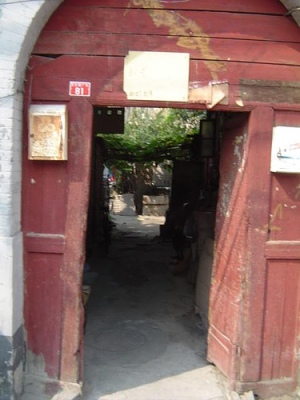We are 24 hours away from this election being over — but we still have not won this thing yet!
If you are an overseas American who cast your vote weeks ago, you may feel somewhat disconnected from what is going on tomorrow in the U.S. There are nevertheless a number of ways we can still be involved.
Here’s a list of 5 easy ideas for readers anywhere on the globe:
If you live in the U.S. or overseas:
1) Have your overseas American friends sent in their ballots?
- Call up, email or otherwise check up with 5 American friends living overseas and make sure they have received and returned their absentee ballots. If they have not, use the information below to help them cast a vote if there’s still time!
2) Will your American friends and relatives be headed to the polls today?
- Call up, email or otherwise check in with 5 American friends or family members living in the U.S. and encourage them to head to the polls today. Take a couple minutes to tell them why you support Barack Obama and why we’re counting on their vote.
3) Will other Americans — those in key swing states — be headed to the polls today?
- The campaign has set up an online tool called Neighbor to Neighbor, which allows you to make calls to registered voters in crucial areas, providing them with information about their polling locations and encouraging them to vote for Barack Obama. You can pick the state you’d like to call here. You can find answers to commonly-asked questions here. (Don’t forget to calculate the time difference.)
- If you do not have a way to make cheap or free phone calls from your land line to the U.S., try using your computer to make calls. You can get 5 free hours of calling from Internet Calls; another inexpensive option is to create and use a Skype account — calls to the U.S. are just 2 cents/minute.
- If you do have a telephone flatrate, consider inviting friends over today or tonight to make these calls from your home. Polls do not begin closing in the U.S. until midnight CET, so there is plenty of time to make calls after work!
For overseas voters:



 Posted by poetloverrebelspy
Posted by poetloverrebelspy 

 The holiday’s roots go back to the European tradition of Candlemas, when candles were blessed and distributed and the day’s weather was used to foretell the coming of spring. Imported by German settlers, Groundhog Day has been officially celebrated in that small town in Pennsylvania since 1887, though real interest in attending the ceremony didn’t take off until the Bill Murray/Andee MacDowell
The holiday’s roots go back to the European tradition of Candlemas, when candles were blessed and distributed and the day’s weather was used to foretell the coming of spring. Imported by German settlers, Groundhog Day has been officially celebrated in that small town in Pennsylvania since 1887, though real interest in attending the ceremony didn’t take off until the Bill Murray/Andee MacDowell 


